Family and High Income Most Valued by Senior Professionals in India: LinkedIn Survey
When it comes to defining success in life, senior professionals1 in Asia Pacific2 seem to have a balanced set of priorities across their work and personal lives, according to a recent study, ‘Life of a Professional’ by LinkedIn, the world’s largest online professional network with more than 332 million members worldwide, 61 million in Asia Pacific and 28 million in India. More than half surveyed cite having a family (55%) and a high income (51%) as their top measures of success, followed by owning a nice house (41%). ‘Life of a Professional’ is a study that delves into the aspirations and evolving needs of professionals through the different phases of their career.
There are slight differences across markets. In India, senior professionals ranked high income (56%) ahead of their counterparts in Asia Pacific (51%) but lower than Singapore (60%). Perhaps reflecting the strong entrepreneurial spirit in Hong Kong, becoming an entrepreneur (50%) was the number two measure of success along with high income (53%). Senior professionals in India cited having a family (50%) and owning a nice house (38%) as the second and third measure of success respectively.
In comparison, early professionals in Asia Pacific also (those less than a year of experience) rate having a family (55%) and a high income (54%) as the two top measures of success. Interestingly, this group ranked becoming an entrepreneur (38%) higher than senior professionals (32%) as amongst the top measures of success.
‘Having it all’ is difficult
Although having a family was cited as the top measure of success, 33% of the senior professionals in Asia Pacific said that leaving work to start a family is difficult. In this group, the largest number is in Singapore (40%) followed by India (36%), Hong Kong (35%) and Australia (20%). In India, women (43%) found this transition more difficult than men (35%), across all experience levels.
Thirty-seven percent of the senior professionals surveyed in Asia Pacific also said that they found it difficult to move from full-time work to a part-time arrangement. This level of sentiment was observed in Hong Kong (39%) and India (38%) as well. Senior professionals in Singapore (44%) had the most difficulty with the transition while those in Australia (26%) found it the least difficult.
More than a quarter (30%) of the senior professionals in India said that they would find it hard to take a sabbatical. Thirty eight percent of those surveyed in this group would use their social networking contacts if they were to get back to work after a sabbatical and if they were looking to change career paths.
What could senior professionals have done differently?
Almost one in two (50%) senior professionals in India said that in hindsight, they would have proactively built and expanded their professional networks to advance their careers. Senior professionals in India also emphasized the importance of skills development. They said that they could have acquired more qualifications (45%) and attended more training courses (38%) to advance their careers then.
What do senior professionals do on LinkedIn?
The top three uses of LinkedIn cited by senior professionals across the region are: keeping in touch with former colleagues (33%), maintaining their networks (29%) and looking out for jobs (27%). In India, more than half (51%) of the senior professionals said that they now use professional networking websites to keep in touch with old colleagues.
“As professionals take on senior roles and advance in their careers, the desire for stability and recognition is natural. It was interesting to see them realize and acknowledge the role of others in their network who help surface insights & opportunities which can play an amplification role in one’s career. India will soon become the youngest workforce in the world, and our aspirational Indian young professionals place a higher value on being entrepreneurial. Given this, India’s senior professionals can play a meaningful role in contributing to the country’s growth by giving back, this could be through being a mentor, sharing their industry expertise and advice or even helping younger professionals leverage the tools at their disposal to better tap into the wisdom of their professional networks”, said Nishant Rao, Managing Director, LinkedIn India.
Senior professionals can use their experience to engage meaningfully with their industry and other professionals. Here are some tips on how best to do this:
Build your personal brand: Creating a compelling LinkedIn profile can help you market yourself better and at the same time attract prospective employers. Your LinkedIn profile can be your ticket to a variety of new professional opportunities like partnerships, mentorships, volunteering, jobs or new business.
Share your knowledge by publishing posts and learn from industry experts on LinkedIn: Share your expertise with other professionals on LinkedIn by publishing long-form posts. Write about topics relevant to your profession or industry. Publishing posts will help you build your reputation as a go-to resource in your area of expertise.
Leverage LinkedIn’s Connected App to stay updated on what’s happening in your professional network. Know when people in your network change jobs, are mentioned in the news, have work anniversaries or birthdays and be reminded to connect with people you just recently had a meeting with.
1Senior professionals are defined as those with more than 11 years of experience
2Countries surveyed in Asia Pacific (APAC) - India, Hong Kong, Australia and Singapore
3Early professionals are defined as those with less than one year of experience



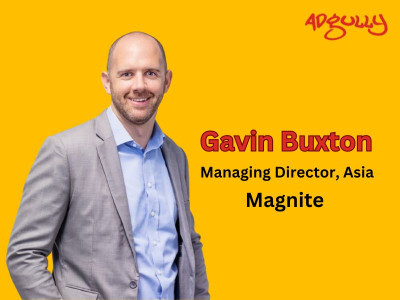
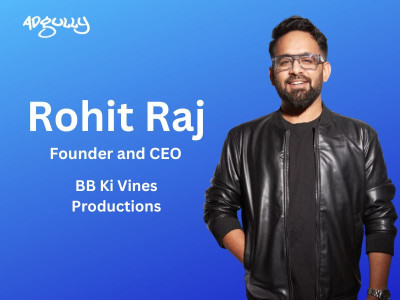

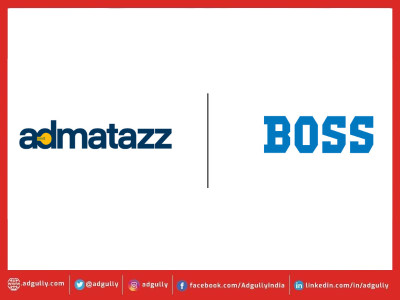



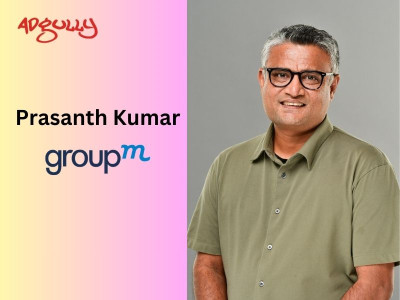

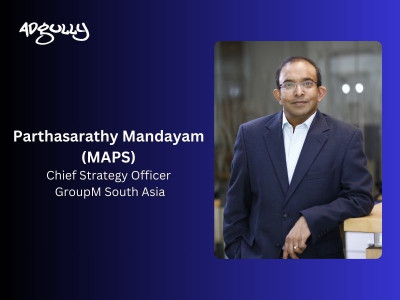
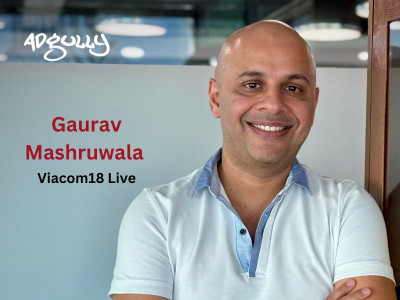


Share
Facebook
YouTube
Tweet
Twitter
LinkedIn